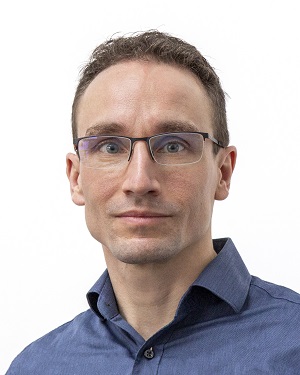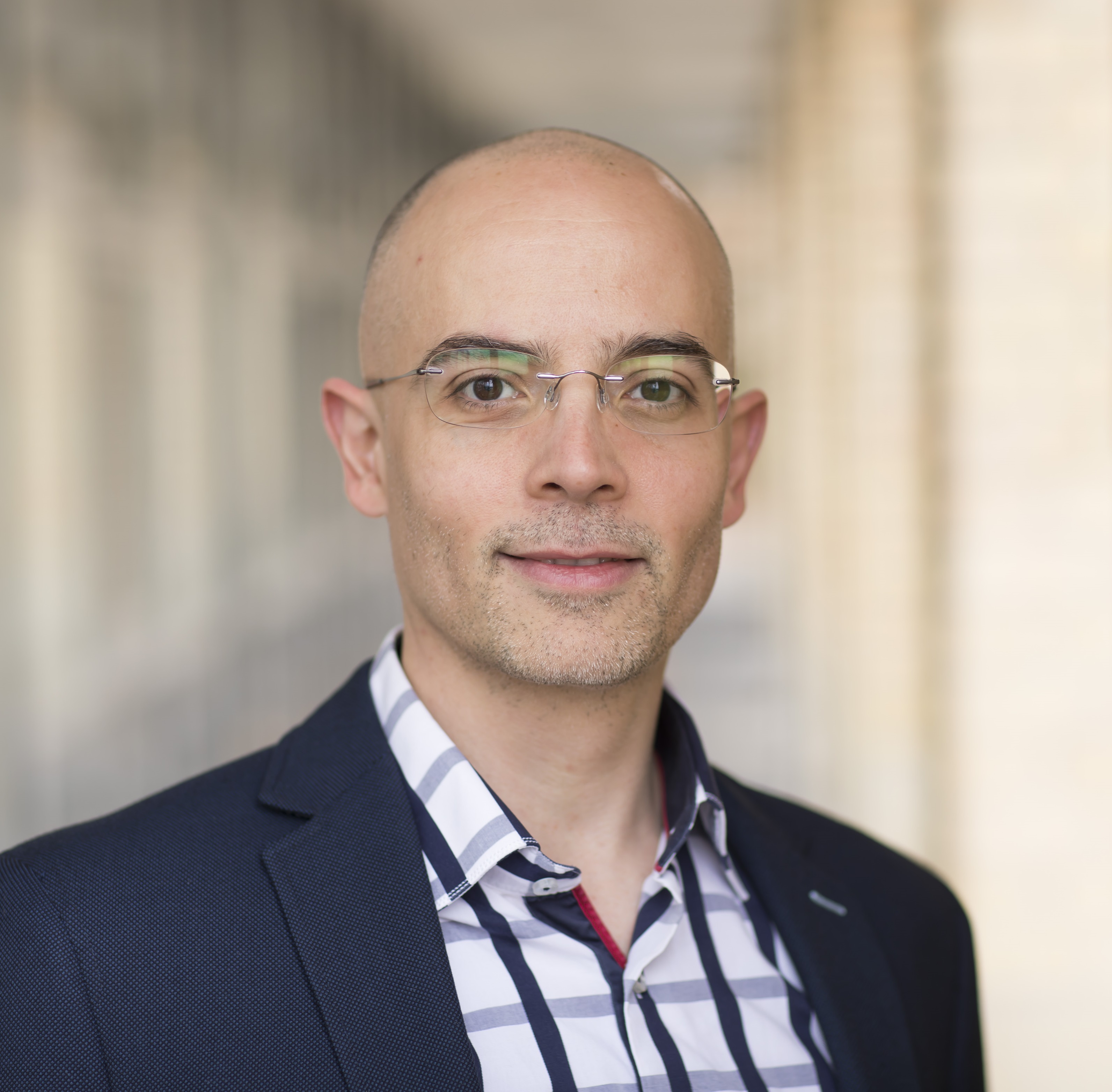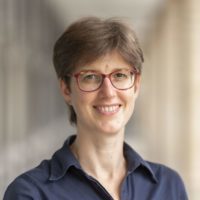Mehr-OA – Benefits of Open Access for Data-Driven Research and Development
Project description
In spite of many efforts, open access for scientific publications has still not become fully established. One major reason for this is presumably that researchers in cutting-edge research often do not directly experience the immediate benefits of open access publication: access to paid literature is not a major obstacle for members of many research groups. However, since the open access transformation can only succeed with researchers, the Mehr-OA project relies on their intrinsic motivation by presenting the benefits of open access for their own research based on a specific use case: Researchers want to get answers to research questions, receive overviews of the state of research in a particular field, and obtain evaluations and analyses of the considerable number of publications. The Mehr-OA project is making a significant contribution to this by developing methods for efficient machine-based search and post-processing of open access content and testing them using the case of plasma research. To achieve this, modern machine learning methods are used to automatically extract content from centrally stored open access publications in the subject repository for natural sciences and technology (RENATE) and make it publicly available in structured form in the Open Research Knowledge Graph (ORKG).
Project information
Funding period
09/2023–08/2026
Project partners and contact
Leibniz Institute for Plasma Science and Technology (INP)

|
Dr. Markus Becker (coordination and project leader INP) E-mail: markus.becker@inp-greifswald.de Phone: +49 3834 554 3821 |

|
Dr. Markus Stocker (project leader TIB) E-mail: markus.stocker@tib.eu Phone: +49 511 762 14204 |
|

|
Dr. Sarah Dellmann (management of the open access repository RENATE) E-mail: sarah.dellmann@tib.eu Phone: +49 511 762 4005 |
Funding and support
The project is funded by the Federal Ministry of Education and Research in Germany under the project numbers 16KOA013A and 16KOA013B. IOP publishing supports the project by providing open access content as part of the open physics initiative.